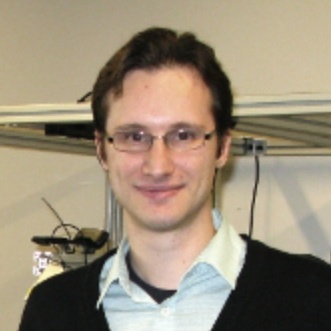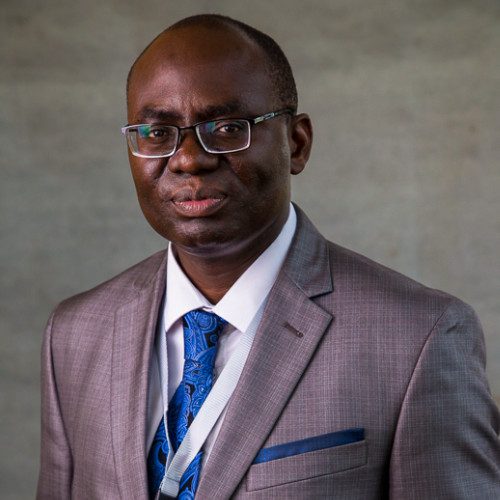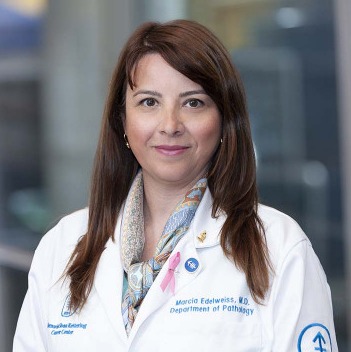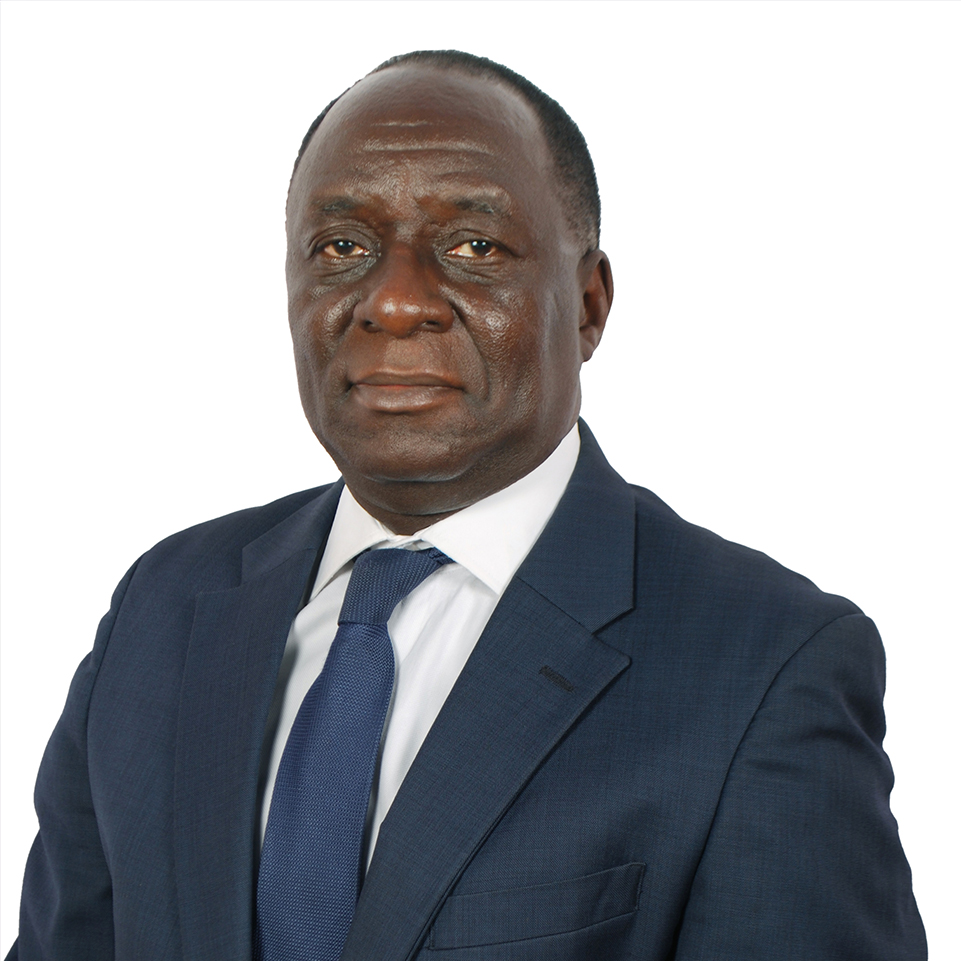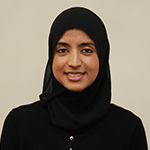About
Cancer is one of the leading causes of mortality worldwide. According to the World Health Organization (WHO), 70% of deaths occur in low- and middle-income countries. The goal of this workshop is to identify the potential of AI to overcome global disparities in access, diagnosis and treatment in cancer care.
ICLR 2020
The International Conference on Learning Representations (ICLR) is one of the leading machine learning conferences. The 2020 conference will be held in Addis Ababa, Ethiopia from April 26-30, with a focus on “AI for Social Good.” Please check the main conference website for information about registration, schedule, venue, and travel arrangements. More information in the Registration section below.
Due to COVID-19 concerns, ICLR 2020 will be held as a virtual conference. Full details here: https://iclr.cc/Conferences/2020/virtual
Workshop Schedule & Attendee Instructions
The workshop will be streamed live on Sunday, April 26 over the ICLR virtual website and Zoom webinar. Attendees will have an opportunity to directly engage with the speakers and ask questions during Q&A sessions over Zoom. Slides-live presentations can be accessed by clicking the "video" links below.
| Title | Speakers | Format | Date | Start time (EST) | End time (EST) |
|---|---|---|---|---|---|
| Introductory remarks | Thomas Fuchs | VIDEO | 4/26/20 | 10:00 AM | 10:15 AM |
| Addressing South Africa's Cancer Reporting Delay with Machine Learning (Invited talk) | Waheeda Banu Saib | VIDEO | 4/26/20 | 10:15 AM | 10:45 AM |
| Deep Learning in Digital Pathology (Invited talk) | Amit Sethi | VIDEO | 4/26/20 | 10:45 AM | 11:15 AM |
| AI for cancer diagnosis in resource deprived areas (Invited talk) | Yuchun Ding | VIDEO | 4/26/20 | 11:15 AM | 11:45 AM |
| Q&A Session I | |||||
| Introductory remarks | Thomas Fuchs (Moderator) | Zoom Webinar | 4/26/20 | 12:00 PM | 1:00 PM |
| Invited talk | Waheeda Banu Saib | Zoom Webinar | 4/26/20 | 12:00 PM | 1:00 PM |
| Panel | Olusegun Isaac Alatise | Zoom Webinar | 4/26/20 | 12:00 PM | 1:00 PM |
| Invited talk | Oluwatoyin P. Popoola | Zoom Webinar | 4/26/20 | 12:00 PM | 1:00 PM |
| Invited talk | Amit Sethi | Zoom Webinar | 4/26/20 | 12:00 PM | 1:00 PM |
| Invited talk | Yuchun Ding | Zoom Webinar | 4/26/20 | 12:00 PM | 1:00 PM |
| Closing remarks | Johan Lundin | Zoom Webinar | 4/26/20 | 12:00 PM | 1:00 PM | Afternoon session |
| Panel | Olusegun Isaac Alatise | Zoom Presentation | 4/26/20 | 1:00 PM | 1:15 PM |
| Cancer in low- and middle- income countries: MSK's Global Cancer Disiparities Initiatives (Panel) | T. Peter Kingham (Moderator) | VIDEO | 4/26/20 | 1:15 PM | 1:30 PM |
| Challenges in Pathology Diagnosis in Low to Middle Income Countries (LMICs) (Panel) | Marcia Edelweiss | VIDEO | 4/26/20 | 1:30 PM | 1:45 PM |
| Panel | Peter Ntiamoah | VIDEO | 4/26/20 | 1:45 PM | 2:00 PM |
| Making Decisions with (Limited) Data: Off-Policy RL, Model-Based Optimization, and Meta-Learning (Keynote) | Sergey Levine | VIDEO Q&A at 5 PM | 4/26/20 | 2:00 PM | 2:45 PM |
| A Multimodal Imaging System for Cervical Pre-Cancer and Cancer Detection (Invited talk) | David Brenes | VIDEO | 4/26/20 | 3:00 PM | 3:30 PM |
| Invited talk | Oluwatoyin P. Popoola | VIDEO | 4/26/20 | 3:30 PM | 4:00 PM |
| Poster Blitz | |||||
| Computer Aided Diagnosis System for Classification of Abnormalities in Thyroid Nodules Ultrasound Images using Deep Learning | Oluwadare A Adebisi | VIDEO | 4/26/20 | 4:00 PM | 4:05 PM |
| Detection of western blot protein bands using transfer learning in the assessment of risk of gastric and oesophageal cancer | Girmaw Abebe Tadesse, Daniel Chapman, Ling Yang, Pang Yao, Iona Millwood, Zhengming Chen, Tingting Zhu, Girmaw Abebe Tadesse | VIDEO | 4/26/20 | 4:05 PM | 4:10 PM |
| A Study of Deep Learning Colon Cancer Detection in Limited Data Access Scenarios | Apostolia Tsirikoglou, Karin Stacke, Gabriel Eilertsen, Martin Lindvall, Jonas Unger | VIDEO | 4/26/20 | 4:10 PM | 4:15 PM |
| Multi-Task Learning in Histo-pathology for Widely Generalizable Model | Jevgenij Gamper, Navid Alemi Koohbanani | VIDEO | 4/26/20 | 4:15 PM | 4:20 PM |
| Deep Dictionary Learning for Colorectal Cancer Grading | Nima Hatami, Mohsin Bilal, Nasir Rajpoot | VIDEO | 4/26/20 | 4:20 PM | 4:25 PM |
| Artificial Intelligence and Telemedicine for Dermatological Care | Marc Combalia, Sebastián Podlipnik, Susana Puig, Josep Malvehy | VIDEO | 4/26/20 | 4:25 PM | 4:30 PM |
| CNN-based approach for cervical cancer in whole-slide histopathology images | Ferdaous Idlahcen | VIDEO | 4/26/20 | 4:30 PM | 4:35 PM |
| Addressing Ancestry Disparities in Genomic Medicine: A Geographic-aware Algorithm | Daniel Mas Montserrat, Arvind Kumar, Carlos Bustamante, Alex Ioannidis | VIDEO | 4/26/20 | 4:35 PM | 4:40 PM |
| Closing remarks | Johan Lundin | VIDEO | 4/26/20 | 4:40 PM | 5:00 PM |
| Q & A Session II | |||||
| Panel | T. Peter Kingham (Moderator) | Zoom Webinar | 4/26/20 | 5:00 PM | 6:00 PM |
| Keynote | Sergey Levine | Zoom Webinar | 4/26/20 | 5:00 PM | 6:00 PM |
| Panel | Marcia Edelweiss | Zoom Webinar | 4/26/20 | 5:00 PM | 6:00 PM |
| Panel | Peter Ntiamoah | Zoom Webinar | 4/26/20 | 5:00 PM | 6:00 PM |
| Panel | Olusegun Isaac Alatise | Zoom Webinar | 4/26/20 | 5:00 PM | 6:00 PM |
| Introductory remarks | Thomas Fuchs | Zoom Webinar | 4/26/20 | 5:00 PM | 6:00 PM |
| Invited talk | David Brenes | Zoom Webinar | 4/26/20 | 5:00 PM | 6:00 PM |

